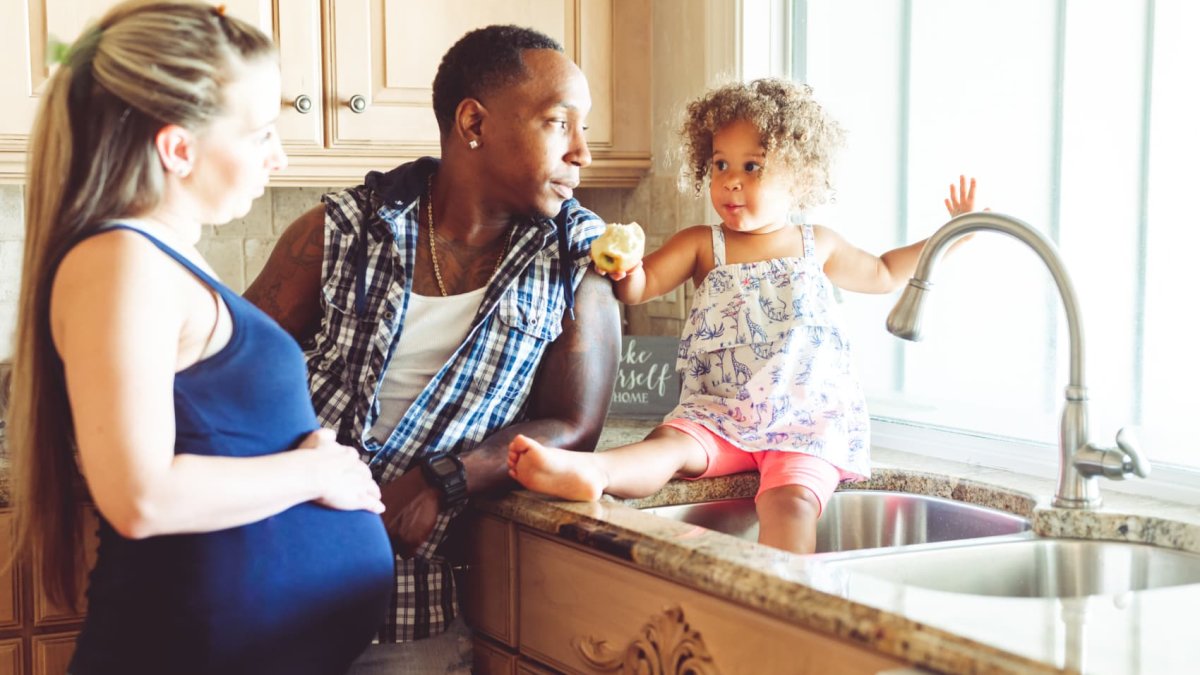
The Interplay Between Adult Friendships and Parenting: A Critical Insight for Resilient Families
In contemporary society, the transition to parenthood can often overshadow adult social connections. As family commitments take precedence, even the most enduring friendships can be deprioritized. Yet, these very relationships are essential for fostering resilience in children, according to journalist Jennifer Breheny Wallace. In her recent TED Talk, Wallace underscored that “A child’s resilience is rooted in the resilience of the adults in their lives” and emphasized that strong adult relationships are foundational to both personal and familial success.
Wallace is the author of “Never Enough: When Achievement Culture Becomes Toxic – and What We Can Do About It,” and her forthcoming work, “Mattering in the Modern World: A Solution to the Crises of our Time,” furthers her exploration of these themes. She suggests that when children observe adults providing support to friends—or receiving support themselves—they learn invaluable lessons about the importance of building a social network that encourages help-seeking behavior. This dynamic underlines the ethos that resilience is a structured network, not just an individual trait.
The Decline of Close Friendships
Despite the importance of these relationships, American adults are facing a notable decline in their social circles. According to a recent survey conducted by the Pew Research Center, fewer than one-third of adults aged 30 to 49 report having five or more close friends. Moreover, a 2023 University of Michigan poll revealed that over a third of adults aged 50 to 80 feel isolated. Coupled with findings from a PLUS ONE study indicating 40% of American adults feel distanced from their friends, it becomes clear that both the quantity and quality of adult friendships are waning.
Amid these challenges, journalist Olga Khazan has shared her personal journey of grappling with antisocial tendencies as she approached motherhood. As an introvert, Khazan recognized her struggles with maintaining social relationships. In her book, “Me, But Better: The Science and Promise of Personality Change,” she reflected on her decision to engage more actively with her community through local improv and sailing classes, recognizing the importance of regular interactions with a consistent group of people.
Khazan noted that while the commitment was daunting, the social engagement it fostered was transformative. She asserted that activities involving teamwork not only enhanced her social capabilities but also improved her mental well-being, making the often-overwhelming journey of parenthood a shared experience rather than a solitary challenge.
The Need for Intimate Connections
Wallace argues for a reevaluation of cultural priorities surrounding friendships, positing that the true value of relationships often gets overshadowed by romantic partnerships and familial obligations. “We need one or two or three people in our lives who know us intimately, who can see when we are struggling,” she noted. This level of support may prove crucial for mental health and overall life satisfaction.
In conclusion, enhancing social connections is vital for adults navigating the complexities of parenthood. By prioritizing these relationships, individuals can not only nurture their own resilience but also cultivate an environment where their children can thrive emotionally and socially. This interplay between friendships and family serves as a poignant reminder that building a supportive community is a pivotal aspect of both parenting and personal growth. Embracing this philosophy may hold the key to raising resilient children in an increasingly complex world.

